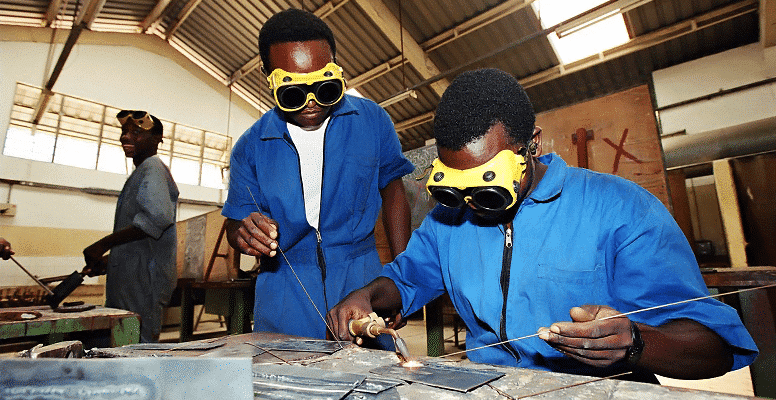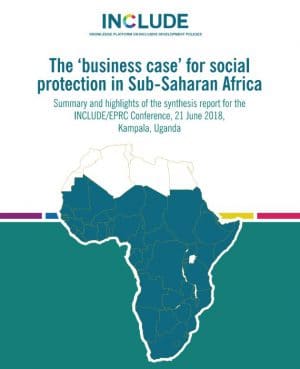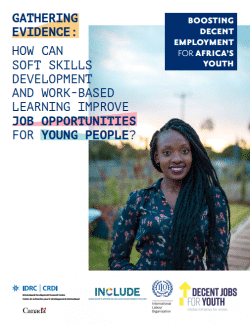
Combining active labour market policies with income support makes both measures more effective in tackling poverty and helping people find decent work, a new report finds.
Strategies to increase access to decent work and tackle poverty are significantly more effective when active labour market policies (ALMPs) are combined with income support, according to a new report by the International Labour Organization (ILO).
What’s more, the analysis found that while income support and ALMPs both had drawbacks when implemented in isolation, when combined “the beneficial effects tend to be unequivocal”.
The new report What works: Promoting pathways to decent work, looks at the role of ALMPs (such as training, career advice and start-up support) in emerging and developing economies, and how they can help people overcome labour market obstacles when combined with income support.
“Gainful employment remains the most reliable way of escaping poverty”, the report says, and people who receive this combined support have greater chances of finding a job and the employment they get is generally of better quality. Such integrated packages can also reduce skills mismatches, increase labour productivity, and help workers cope with the labour market consequences of economic crises, technological change, climate-related changes and seasonal variations.
“Countries which increase income support find that the effectiveness of their ALPMs also increases, and when spending on ALMPs is increased the impact of income support is also magnified,” states the report “What’s more, if properly designed and executed these policies can become self-financing in time.”
“The effects on poverty eradication of the right combination of income support and active labour market policies cannot be overestimated,” said Verónica Escudero. “Together, they can affect not only unemployment but underemployment and informality too.”
The report advises that certain conditions are required for an integrated approach to be effective, notably, sufficient resources, sufficient institutional capacity to administer the policies, and the full involvement of the social partners – workers’ and employers’ organizations – as well as governments.
The report includes as range of analytical tools and outputs and examines in detail two successful, ‘combined’ schemes, the Workfare Programme in Mauritius and the national Social Emergency Plan (PANES) in Uruguay.






